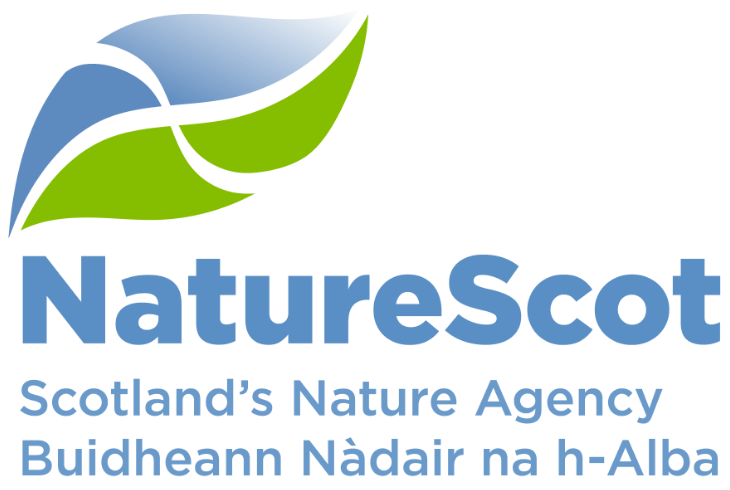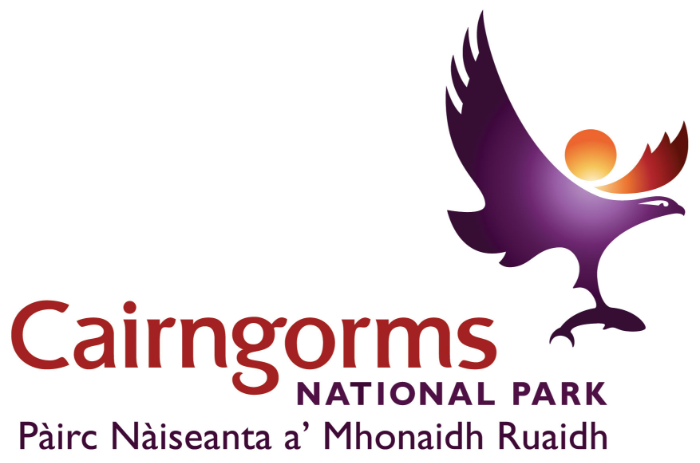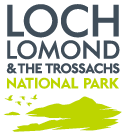Lockdown wellbeing: children who spent more time in nature fared best
University of Cambridge research news shares findings from a study (October 2021). This suggests that ‘Children from less affluent backgrounds are likely to have found COVID-19 lockdowns more challenging to their mental health because they experienced a lower connection with nature than their wealthier peers’.
Playing outside: who, where and what?
This Child in the City article (01-02-2022) describes research undertaken in the Netherlands on how boys and girls play outdoors in public spaces. The results are analysed in terms of gender, age and how they play together.
How green are European cities? Green space is key to well-being of children, but access varies
This Child in The City article (02-02-2022) considers socio-economic and demographic inequalities in access to green and blue spaces in European cities. It also includes examples of green spaces that were designed to meet the needs of vulnerable and disadvantaged social groups. The needs of children and young people are [...]














